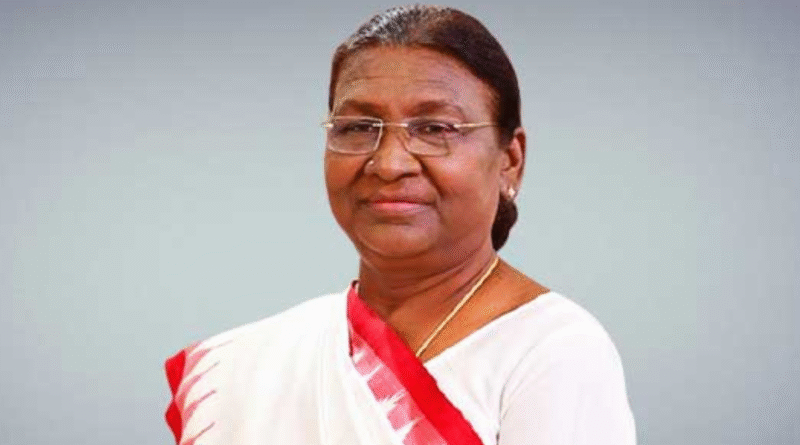Supreme Court on Presidential Reference in Governors’ Case: “What is Wrong if President Seeks Court’s Views?”
The Supreme Court on Tuesday indicated that it found nothing improper in President Droupadi Murmu referring questions to the Court under Article 143 regarding the timelines for Governors and the President to grant assent to Bills.
A Constitution Bench led by Chief Justice of India (CJI) BR Gavai, along with Justices Surya Kant, Vikram Nath, PS Narasimha, and Atul S Chandurkar, observed that there was no issue in the President asking for the Court’s opinion. The remark came in response to objections raised by States like Kerala and Tamil Nadu, which questioned the maintainability of the reference.
CJI Gavai said, “When the President seeks the Court’s views, what is wrong in that?”
The Bench clarified that it was exercising advisory jurisdiction, not appellate jurisdiction. It explained that while the Court may give an opinion that a previous judgement is incorrect, such advice does not overrule the judgement.
The Background
The President’s reference arose after the Supreme Court’s April ruling, which fixed timelines for Governors and the President to decide on Bills. The ruling held that a Governor cannot indefinitely delay a Bill under Article 200 and must act within a reasonable time. Similarly, under Article 201, the President’s decision-making cannot exceed three months, and any delay must be explained to the concerned State.
Challenging this interpretation, the President sent fourteen questions to the Court. These included whether the judiciary can impose time limits where the Constitution is silent, and whether such limits interfere with the discretionary powers of Governors and the President.
Opposition by States
Kerala and Tamil Nadu opposed the reference, arguing that it was an indirect way of appealing against the earlier judgement without filing a review petition. Senior Advocates KK Venugopal and Abhishek Manu Singhvi, representing Kerala and Tamil Nadu respectively, contended that the issues had already been decided in the State of Tamil Nadu v Governor of Tamil Nadu case. They described the move as an “intra-court appeal” that could undermine judicial integrity.
Centre’s Stand
The Central government, however, supported the reference. Solicitor General Tushar Mehta and Attorney General R Venkataramani argued that the powers of Governors and the President are of high constitutional importance and cannot be restricted by judicially fixed deadlines. They maintained that Article 143 allows the President to seek the Court’s views even if similar issues were previously decided.
Mehta further stressed that this was the first time the President had highlighted a “constitutional functional problem,” and therefore, the Court should respond.
Current Position
The Supreme Court has not yet given its final view but has signalled that the reference is maintainable. The matter continues to be debated, with the Bench balancing constitutional principles, judicial integrity, and the President’s advisory powers.





